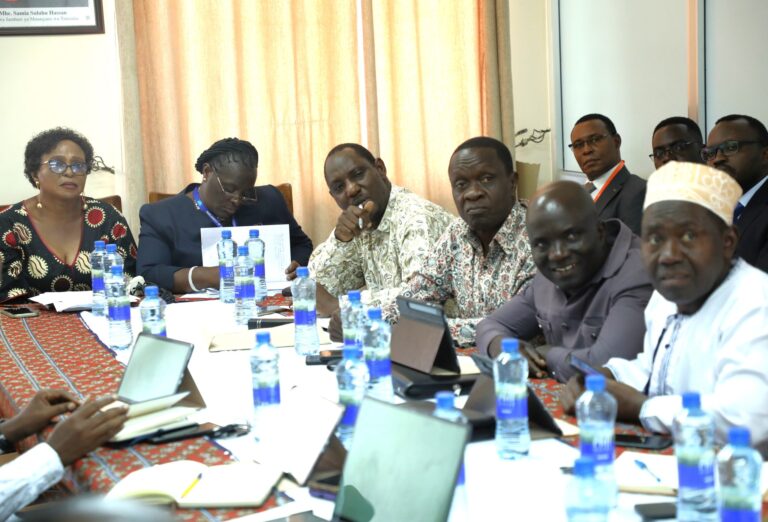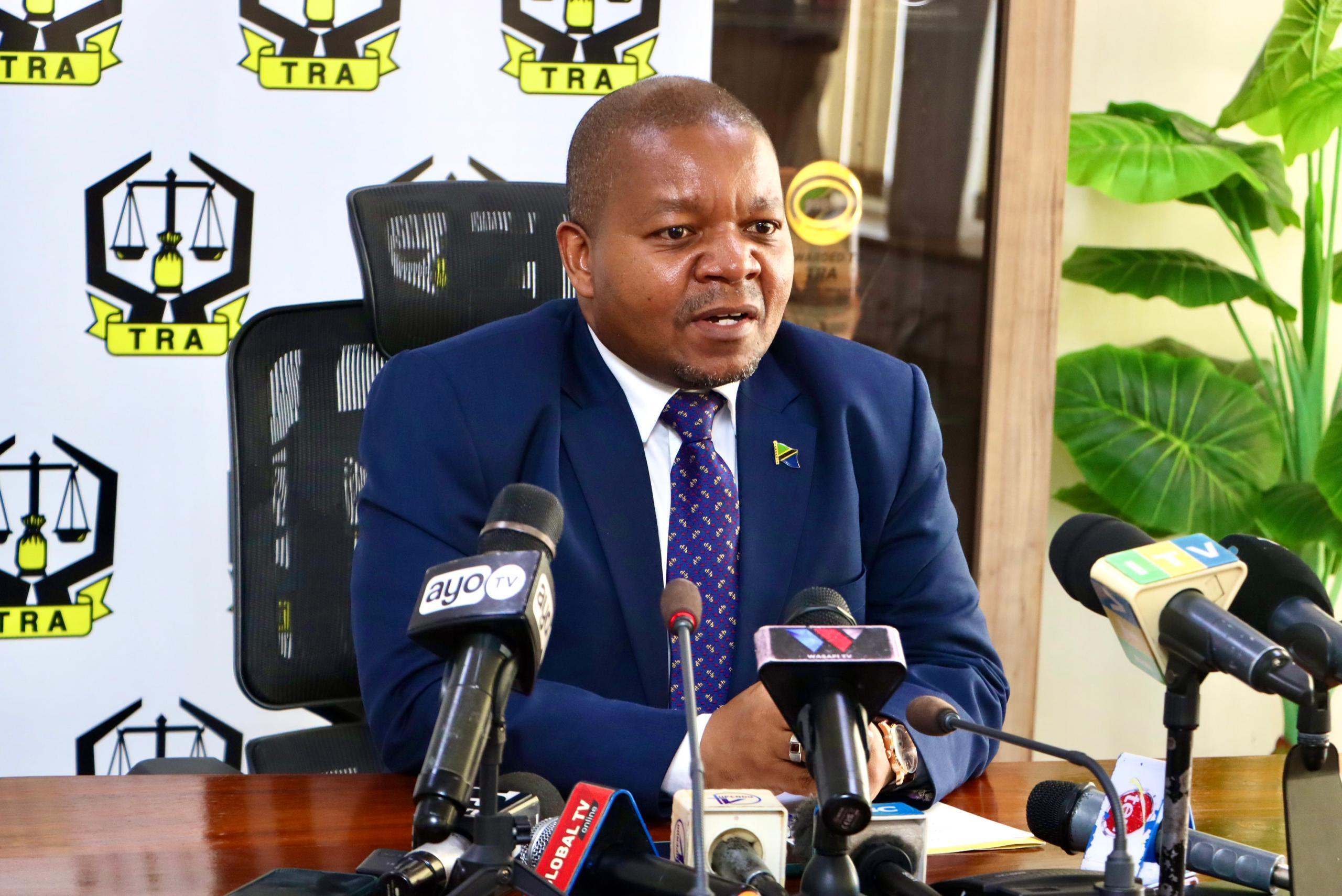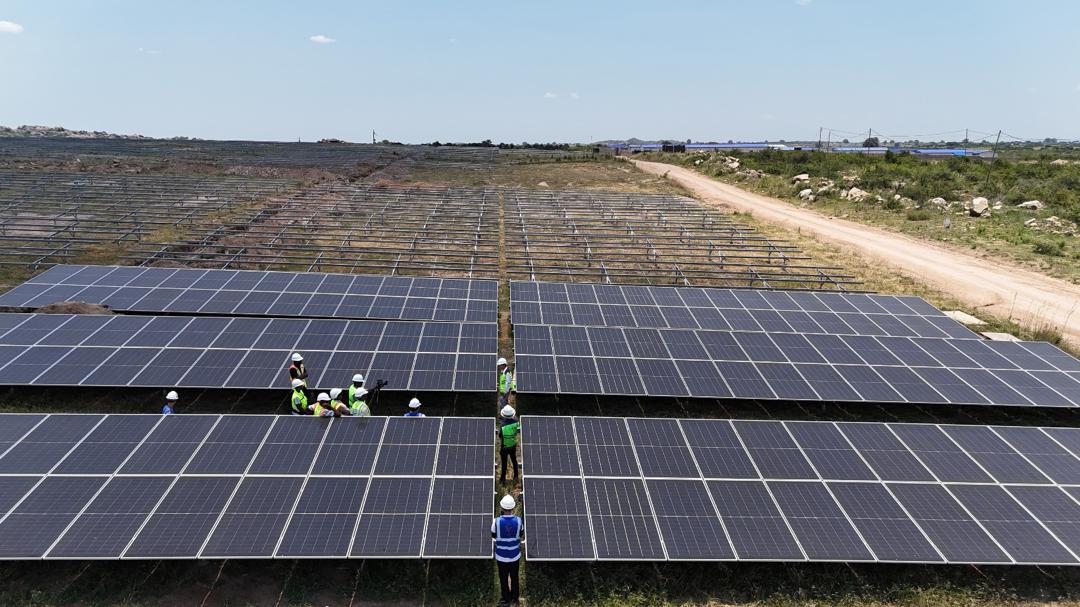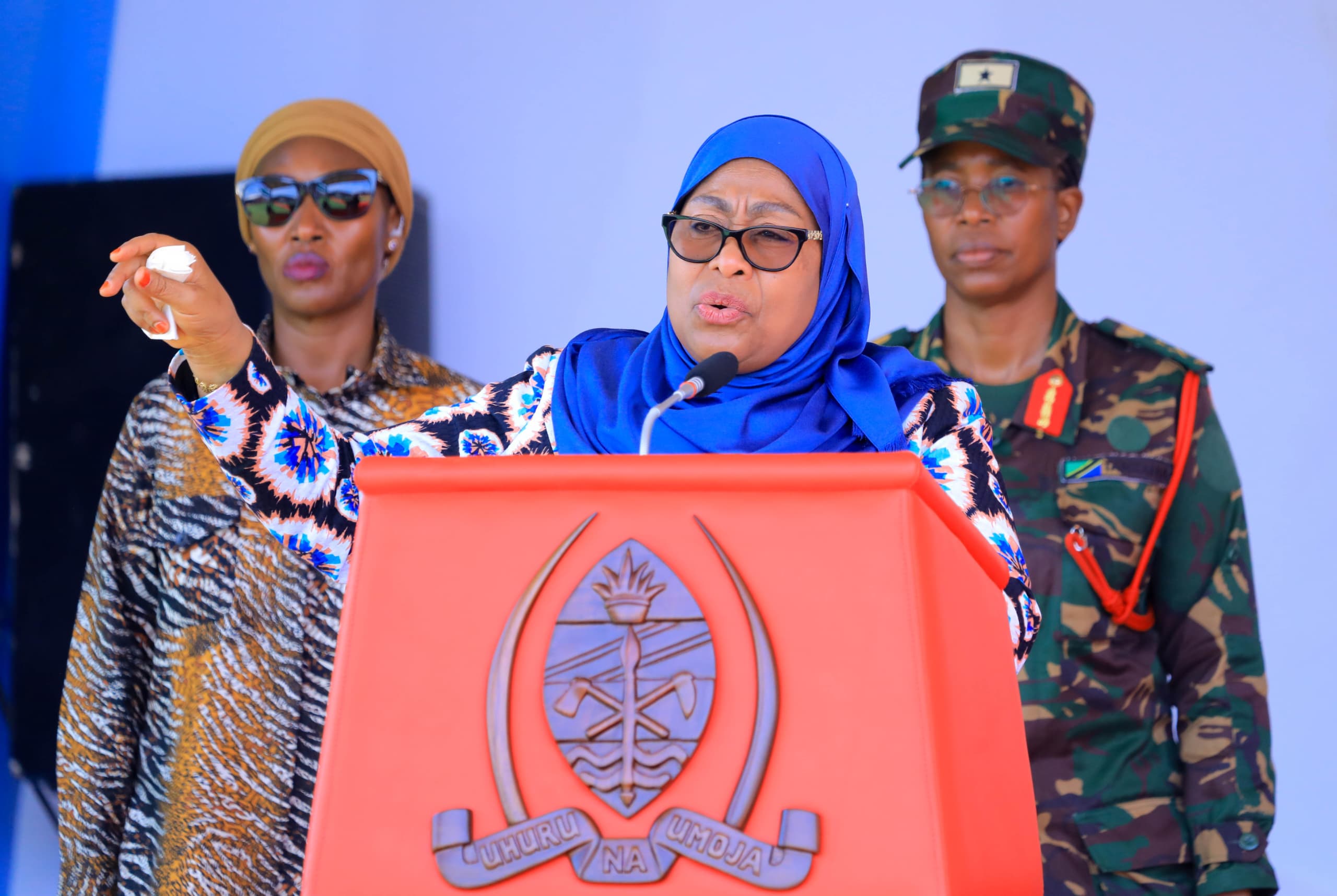Dar es Salaam. The Tanzanian government is in the process of developing an integrated operational framework for environmental management across the country.
The minister of State in the Vice President’s Office (Union and Environment), Mr Hamad Yusuf Masauni, made the announcement in Dodoma on March 24, 2025 while addressing the parliamentary standing Committee on Water and Environment.
Presenting the implementation report of the 2024/25 budget plan and the revenue and expenditure estimates for 2025/26, Mr Masauni said that the framework would streamline coordination among all environmental management systems in the country.
The initiative follows directives from the parliamentary committee on Water and Environment regarding the execution of the 2023/24 financial year budget.
Additionally, Mr Masauni noted that the Vice President’s Office is intensifying efforts to increase domestic funding for environmental projects by preparing project proposals.
He revealed that in the 2024/25 financial year, the office had coordinated the preparation of 17 concept notes for projects, including clean cooking energy solutions and technologies, restoration of degraded lands in arid areas and erosion control in mountainous and hilly regions.
Other projects include flood resilience in high-risk areas, sustainable solid waste management, control of invasive species, coastal resilience, carbon trading opportunities assessment, and institutional capacity building for climate change financing.
To enhance access to domestic funding, some proposals will be submitted to the Planning Commission for consideration in national financial planning.
Meanwhile, the vice chairperson of the standing committee on Water and Environment, Ms Anna Lupembe, commended the Vice President’s Office for implementing environmental projects across the country.
She cited the Land Degradation Surveillance Framework (LDSF) project in Nzega District Council, Tabora Region, as an example.
The committee recently visited the project, which aims to restore degraded lands and enhance food security in arid areas.
Ms Lupembe also said the provision of honey processing machines to the council, would encourage locals to engage in beekeeping instead of environmentally destructive activities.
While lauding the efforts, she urged close monitoring of all projects to ensure timely completion and maximise benefits, particularly in addressing climate change impacts.
Additionally, Ms Lupembe, who is also the Nsimbo MP, stressed the importance of educating project beneficiaries on environmental conservation, including tree planting and sustainable management practices, rather than deforestation.







